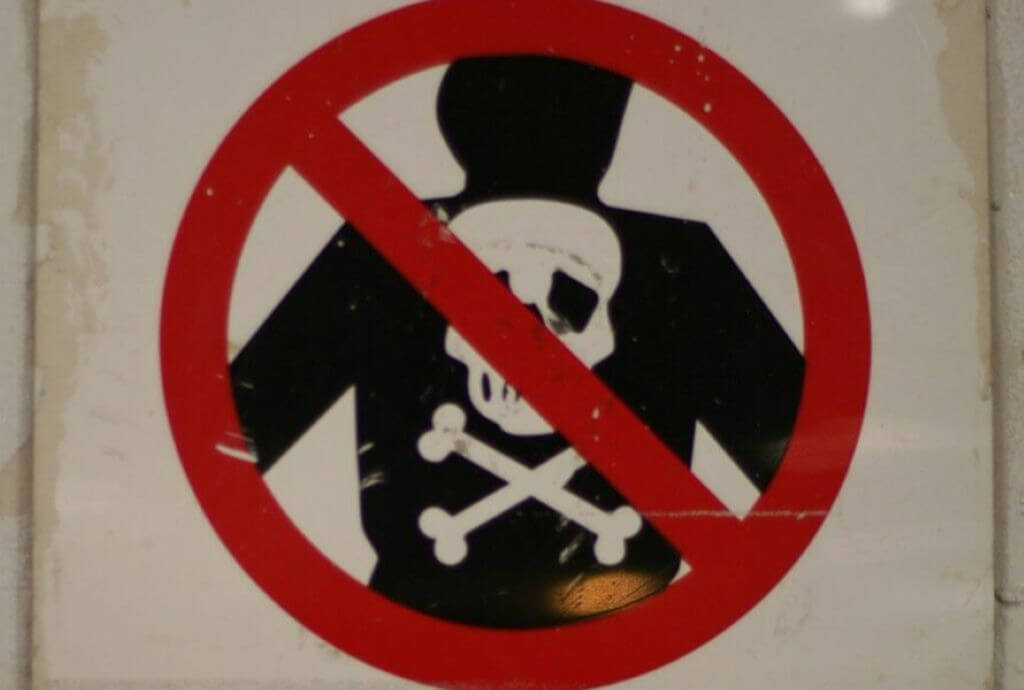In brief
- If you’re a professional, regulator, public servant or insider with whistleblower information you want to share about New Zealand’s COVID response, this affects you.
- Legal protections under the Inquiries Act only apply if the Commission formally invites you to give evidence.
- To stay safe, submit confidentially, cite something on the public record, and request a Section 20 invitation.
- Submissions close 27 April 2025. However, the Commission has confirmed it can still contact people after that date, as long as they’ve submitted something by the deadline, so there is time.
Whistleblowers wanted – but not automatically protected
Many professional people have seen and heard things during COVID involving the government’s response, which were unethical and perhaps even illegal. Their stories would be valuable to the public and the Royal Commission into New Zealand’s COVID response, which claims it wants that input.
But here’s what the Commission hasn’t told you clearly – and what Centrist has spent weeks confirming – unless you’re formally invited to give evidence, you’re not legally protected when you do.
On your own, submitting information may risk breaching confidentiality agreements, employment contracts, or vague professional codes.
Yes, whistleblowers can make a permanently confidential submission under Section 15 of the Inquiries Act, meaning the Commission can use the information to inform its report. Yet, the evidence itself will never be made public, not even in the archives. Even then, you’re technically breaching any existing confidentiality agreements, which may still put you at risk.
However, if the Commission asks you to submit, it seems you’re covered just like a witness in open court would be.
It appears this information is not currently available to the public on the website main page or it’s Submission page. Centrist has spent weeks chasing down this vitally important information for the good of whistleblowers wanting to disclose safely what they know for the good of all New Zealanders.
So how do you get asked?
(Note this is not legal advice, just our understanding. See below for a text of the Commission’s response to Centrist on this matter.)
The catch: Legal protection only kicks in under Section 20
The Commission confirmed to Centrist that legal protections under Sections 20 and 27 of the Inquiries Act 2013 – including immunity from legal action, similar to a witness in court – only apply if you’re formally asked to give evidence. That might be at a public hearing or through an official Section 20 request.
“We cannot guarantee that a court would uphold any immunity or privilege in relation to a person making a public submission,” the Commission told Centrist.
It doesn’t matter if you’re blowing the whistle in the public interest. The system isn’t designed to protect you for telling the truth. This is a defect, in our view.
The system, ironically, seems set up to protect institutions, not truth
Confidentiality agreements for government appointees were indeed never meant to muzzle information about wrongdoing.
“Mission-creep” meant that many used their regulatory positions to enforce groupthink.
As it stands, the Commission has not been structured to override such agreements automatically. A process has to be followed.
Centrist is advocating for the process to change, but until it does, here’s how to protect yourself.
Centrist’s guide to safe whistleblowing
Again, this is not legal advice, but we think it is clear, and you can read it yourself. If you have information the country needs to hear but feel restricted, you can still speak up – safely. Here’s how:
- Make a confidential or permanently confidential submission* under Section 15 of the Inquiries Act. Email: inquiryintocovid-19lessons@dia.govt.nz
- Describe your position, for instance, that you have first-hand experience of things you think will interest them and are willing to talk. But you can’t give them any more unless it is already out in the public realm or some “guidance” statement that was effectively used as a mandate.
- Request a formal Section 20 invitation to provide additional evidence.
*Permanently confidential submissions are never made public, while confidential ones may be disclosed later at the Commission’s discretion. As noted earlier, this does not free you from the legal obligations of a confidentiality agreement.
Time is running out
Submissions close 27 April 2025. That’s just weeks away. If you were sidelined, silenced, or saw conduct during the pandemic that you suspect crossed ethical or professional lines, now is the time to speak up. New Zealand needs you to take action, but do it right. Once you have brought your concerns to the Commission’s attention, they can contact you after April 27.
This is a critical moment for New Zealand. Time is short. Take action. Centrist has pointed you in the right direction.
It’s your ball to carry from here.
Excerpt from official email sent by the Royal Commission to Centrist (April 2025)
Witnesses appearing before the Inquiry (for example, at a public hearing or giving evidence in response to a request for information under s 20 of the Inquiries Act 2013) have privileges and immunities as they would have if they were appearing in civil proceedings. However, the Act is a little unclear whether these would apply to someone making an optional public submission, who may not be considered a witness. For that reason, we cannot guarantee that a court would uphold any immunity or privilege in relation to a person making a public submission.
The Inquiry does not see sections 20 and 27 of the Act as applying to those who provide us with a submission via our public input process.
This is because we are not requiring anyone to provide the Inquiry with their reflections and experiences of the pandemic response (under section 20 and 27 of the Act), it is entirely optional. Additionally, members of the public who contribute to the Inquiry in this way are not considered “witnesses” (compared to those who we would seek feedback from in an interview setting, for example).
However, we do still want to hear from as many people as possible to ensure we can form fulsome lessons and recommendations for our final report. As we outlined earlier, the best way of ensuring protection of an individual’s identity in this public input process is to provide an anonymous or permanently confidential submission (the latter being under section 15 of the Act). These insights that we gather from members of the public are valuable sources of information that help us better understand the impacts felt by individuals and communities as a result of the key decisions made in response to the pandemic.
Our public input process is just one way that the Inquiry is gathering information and evidence. Alongside this process, we will be interviewing and engaging with a range of individuals, groups and communities from across the country, and are requesting written material from government agencies and other sources. As part of our engagement programme, we will be intending on meeting with a portion of the public who made a submission to the Inquiry, so we can understand their experience more fully. If required, the Commissioners will consider making section 20 requests within this context to provide additional protection.
Thank you again for raising this with us – the privacy and safety of those who interact with the Inquiry is important to us.
We will reflect the above guidance on our website shortly.



















